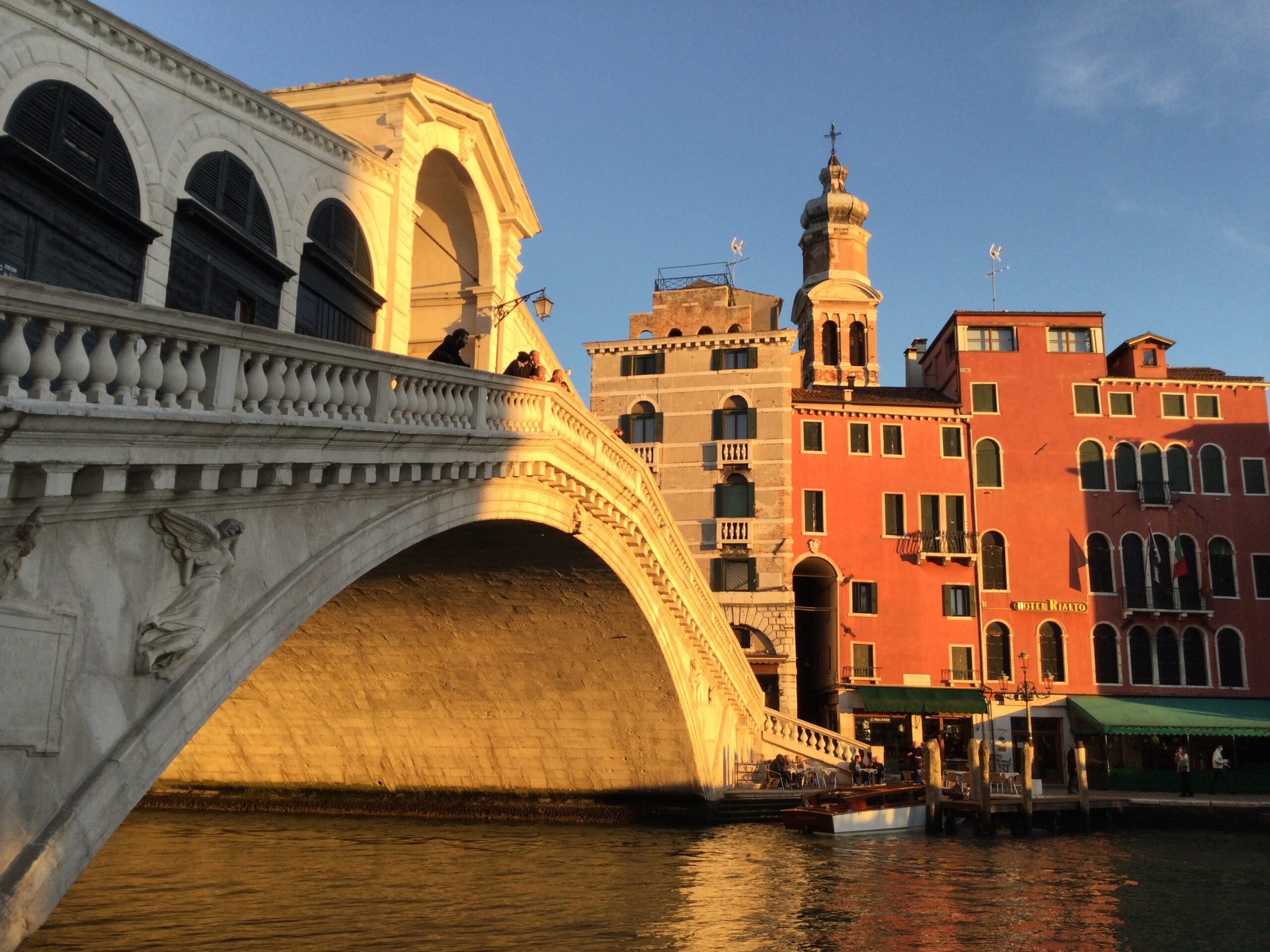This is another dramatic monologue by Robert Browning, and this time it’s about Venice. I wrote an essay on this poem, which was published in the very last issue of “Parnassus: Poetry in Review” (2019). Here are a couple of claims I made about it:
‘It is one of Browning’s most striking and memorable dramatic monologues, which provides a good deal of immediate pleasure – especially (as might be expected, given the subject-matter) for the ear – even before one begins to consider its many subtleties and ambiguities. Much of the poem’s power arises from the shifting relationship between the speaker and his addressee, the dead but by no means departed composer. If the poem tells a story, it is essentially that of the undermining of the speaker’s presuppositions. These are primarily about Venice, and it is Venice itself, as filtered through Galuppi’s music, that undermines them. However, Venice comes to stand for a great deal: by the end of the poem, some of the major aesthetic and cultural shifts of the nineteenth century have been explored.’
And towards the end of my essay:
‘The final words of the poem—“I feel chilly and grown old”—suggest that the speaker can draw no useful lesson from reflecting on the vanity of Venetian pleasure-seekers; all that Galuppi’s music has taught him is that he is destined to become “dust and ashes” without even having savoured the delights enjoyed by eighteenth-century Venetians. Without, one might say, having lived.’
The main thing to say, of course, is that it is a wonderfully enjoyable poem, with a striking metrical pattern – – and I hope I’ve brought across some of its music in my reading.
A Toccata of Galuppi’s

“Shylock’s bridge with houses on it”

Whenever I think of those poem, I hear it with the music of Dominick Argento. I sang the premiere of the work, which was written for the Desert Chorale of Santa Fe in 1990. It combined actual fragments of Galuppi music with a rather angular 12-tone row. Here’s a performance:
https://youtu.be/hVlUIUENN4k
Thanks for this, Candace. I’d never heard it. I wonder what Browning would have made of it.
I feel quite certain that Browning would be puzzled and possibly horrified by the music (except for the bits of original Galuppi), but it was wonderful for me to be immersed in the poetry while learning the piece. For me, better to be in the middle of the music rather than just being a listener. The structure of the composition does support the poem. I found a cleaner recording where it is easier to discern the text.
https: https://youtu.be/zMI143DwJec
Never, when I was in Venice for the end of Carnevale, did I not repeat over and over, “dust and ashes….”
Puzzled, yes, he would certainly have been that. I’ll listen to the other recording you’ve posted. It’s another way to immerse oneself in the poem.